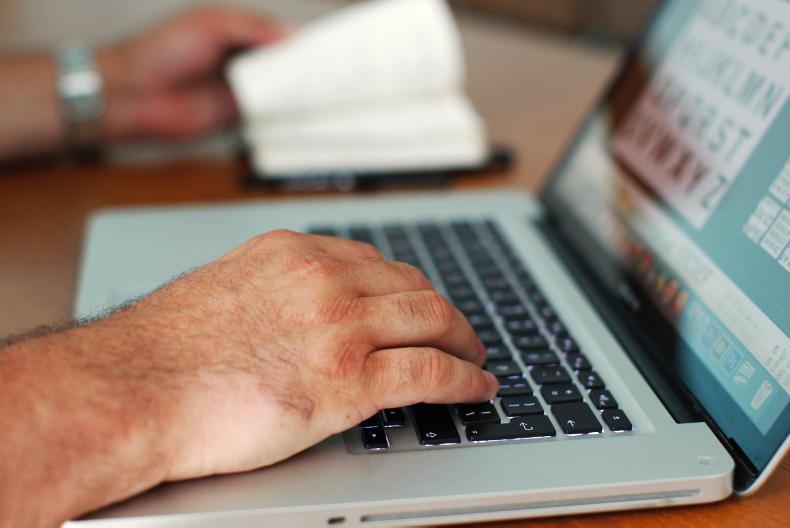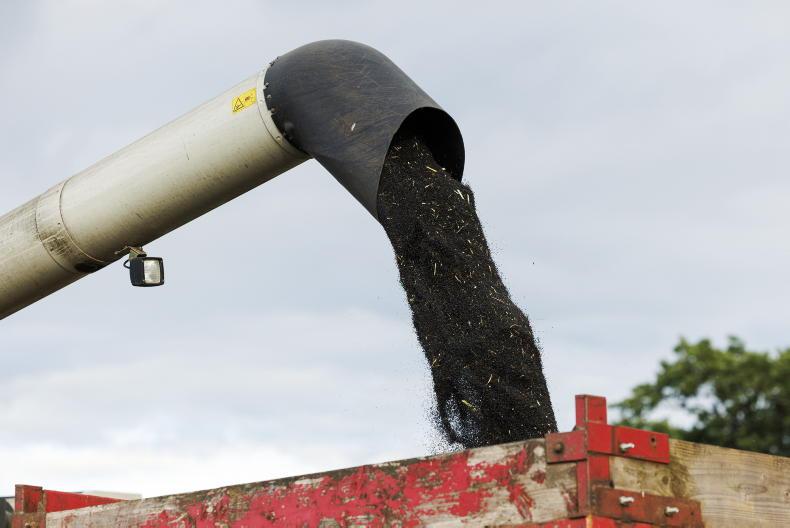So when all the sums are done, it seems the European grain harvest is down by about 6% - a signifigant decrease by any standards.
So far we don’t seem to have a clear view whether the reduction is due to drought in parts of Europe or whether it is due to the large increase in production costs, especially fertilisers.
It is reassuring to see the United Nations becoming seriously involved in the fertilser market.
Mixed blessing
They were part of the combination of negotiators that opened up the export of grain from Ukraine and in the process significantly reduced world grain prices – which tillage farmers may deep down regard as a mixed blessing unless input prices also fall.
This fact has now clearly borne in on the UN, whose Secretary General Antonio Guterres is strongly warning that unless fertiliser prices fall signifigantly, especially nitrogen, world food production will fall substantially and prices will rise as will starvation.
These are stark messages. I am told by people familiar with the subject that talks with Russia to facilitate the export of ammonia for nitrogen fertiliser manufacture, as well as fertiliser itself, are taking place with the UN acting as honest broker.
It is worth noting that as grain began to flow out of Ukraine the price per bushel dropped from US$13/bushel to around US$8 – US$8.50/bushel today.
The strength of the dollar - it has increased in value by 20% over the last year has helped insulate grain growers from the worst of the reduction.
Production drop
If fertiliser prices were to remain at present levels, then much less will be used and the UN secretary general is correct: less will be applied and less food will be produced.
There is no point in harking back to the days of Nitrigen Eireann making CAN from the Marathon gas field off Cork with guaranteed national self-sufficiency.
However if the talks succeed and nitrogen prices look as if they will fall precipitately, then who will order now? Government needs to consult with the trade and with farmers to have a transparent system that lets fertiliser be bought in time and at a price that will allow farmers to plan sensibly.
This is easier said than done. Will farmers be willing to buy forward now if the same decline in fertiliser prices occurs as happened with grain?
Will the trade stock up and with so many fertiliser plants in Europe closed because of lack of gas and/or profitability, will supplies be available? Now is the time to form a national group to develop a national strategy.










SHARING OPTIONS